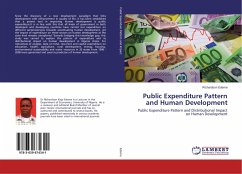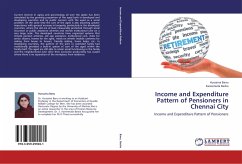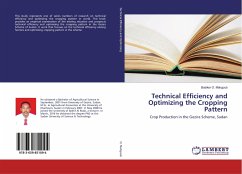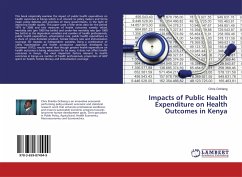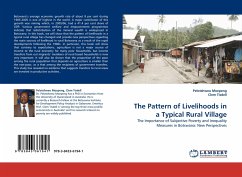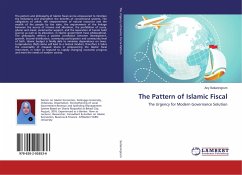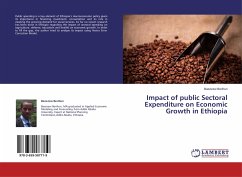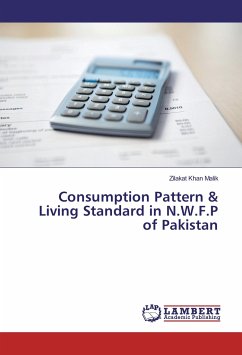Since the discovery of a new development paradigm that links development with enhancement in quality of life, it has been established that a potent tool in improving human development is public expenditure.It is in line with this that all levels of government in both developed and developing countries have carried out expenditure on different sectors/services towards accentuating human development, yet the impact of expenditure on these sectors on human development at the state level remains unexplored. Towards bridging this knowledge gap, this study was carried to explore the pattern of expenditure and its distributional impact on human development in Nigeria states. For robustness of analysis, data on total, recurrent and capital expenditure on education, health, agriculture, rural development, energy, housing, environmental sustainability and water resources in 20 states from 1996 - 2008 were generated and used as predictors of human development.
Bitte wählen Sie Ihr Anliegen aus.
Rechnungen
Retourenschein anfordern
Bestellstatus
Storno

